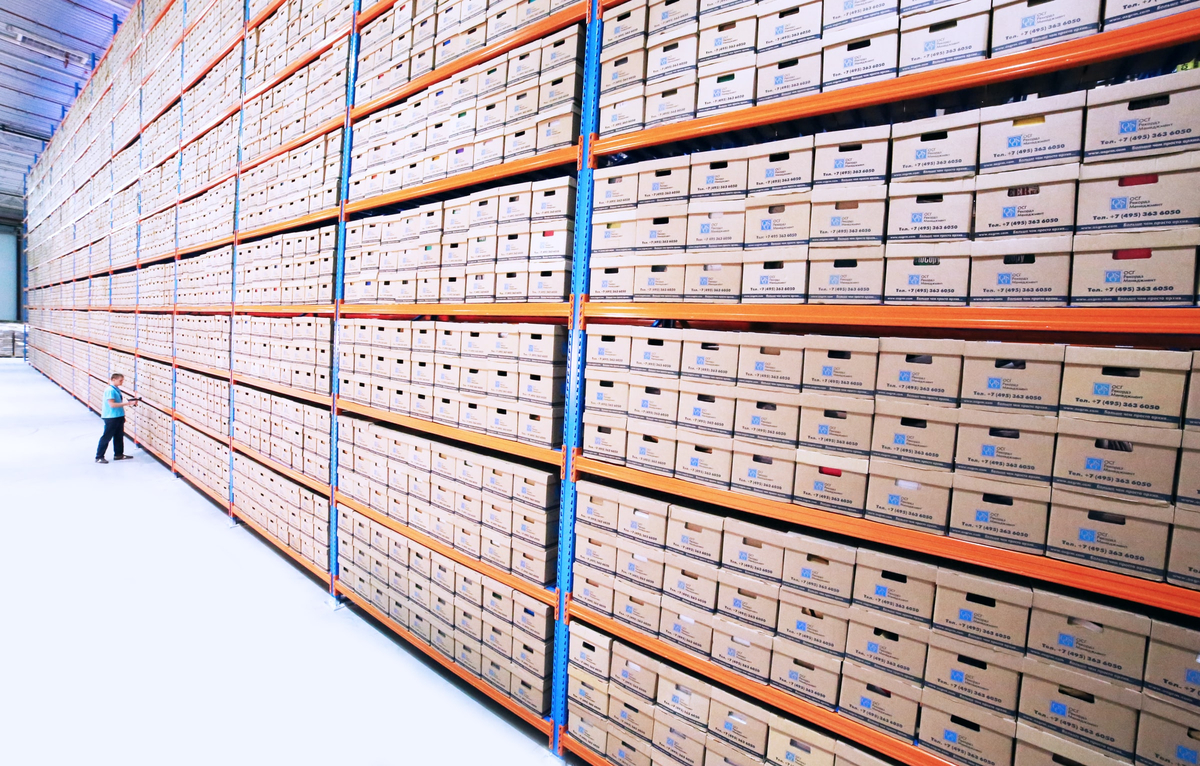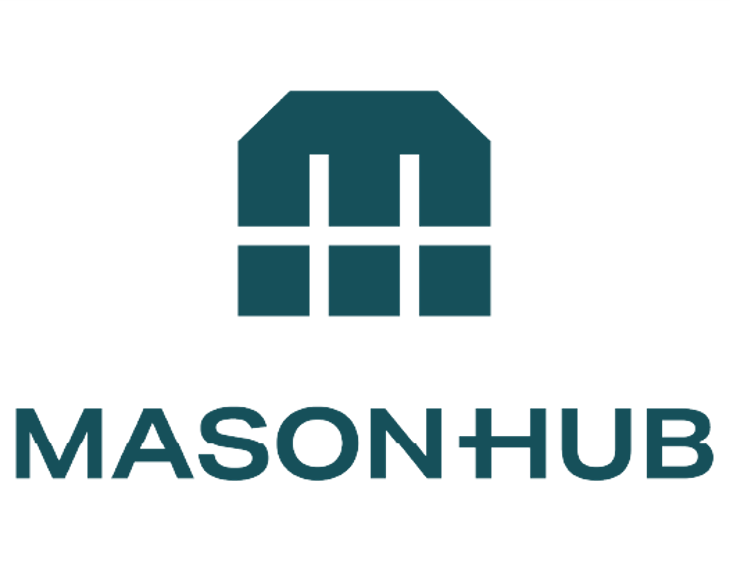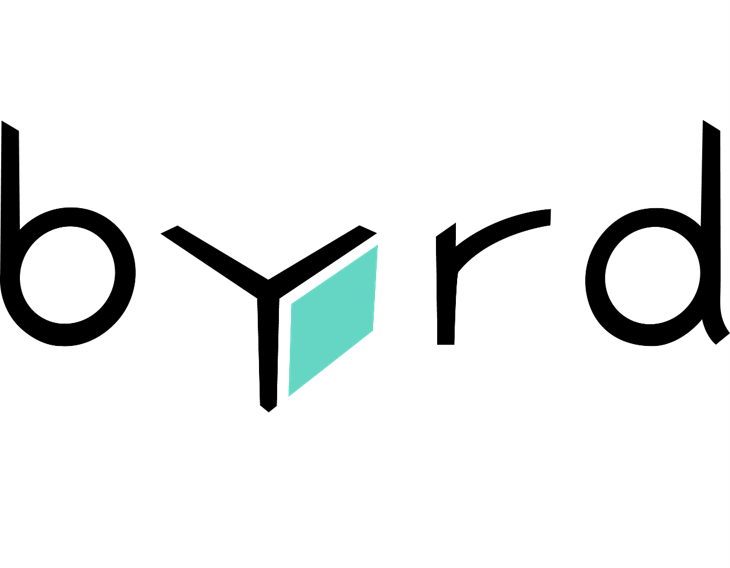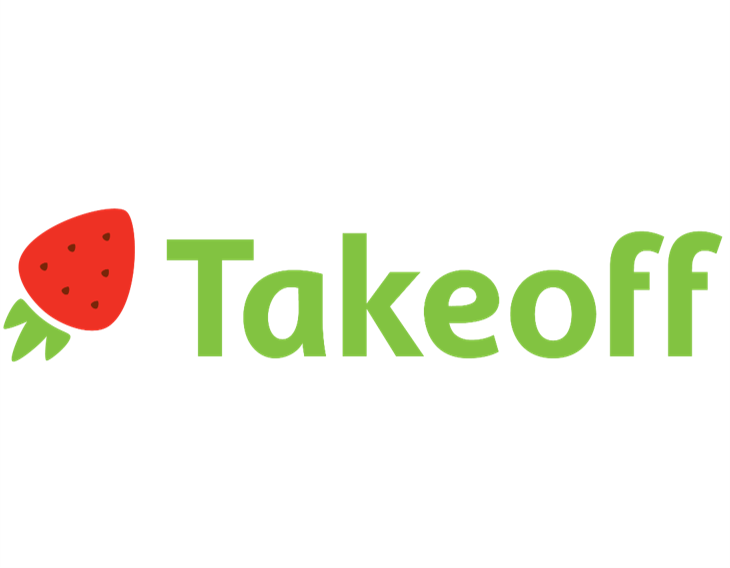123Fab #77
1 topic, 2 key figures, 3 startups to draw inspiration from

In recent years, the number of digital buyers has skyrocketed reaching a total of over 2 billion people worldwide in 2020. While e-commerce was already a growing industry before pre-Covid, the pandemic has fast-tracked its growth making e-shopping experiences a key differentiating factor. Traditional brick-and-mortar companies have been pushed to adopt such experiences, with Digital Vertical Brands (DNVBs) gaining ground.
This has had an impact on the infrastructure and supply chain required to distribute these goods. Retail giants (Amazon, Cdiscount, Alibaba, or Ocado) have made operational excellence their core business, accustoming their clients to simple, very fast, and very reliable home deliveries. At the same time, the vast majority of companies selling products online do not have warehouses, picking and packing centers, and distribution networks to deliver their products to the end customer. This is because, fulfillment infrastructure, while essential, is not flexible for small companies. Once maximum storage is reached, it can be complicated not only to find a new warehouse, but also to connect the company’s IT to the warehouse, and to recruit and onboard a new team in a short timeframe. Such a barrier has led to the emergence of startups offering externalized fulfillment solutions. These solutions can be end-to-end, handling the delivery of the package once the customer has completed its order, through to managing the storage, shipping and sometimes the return of goods.
Yet, these startups, which are tackling the fulfillment market, have had to compete with large, long-established companies by offering flexible, tailor-made services. In order to be as efficient and fast as they are, they manage a large number of small warehouses so that the stored product is never too far from the delivery location, reducing both costs and delivery times. ShipBob and ShipMonk are the two leaders in this segment, both of which have a large number of warehouses throughout the US but also in Canada, Mexico and Europe. They target all e-commerce companies regardless of the industry and size. ShipBob even provides plans for startups shipping less than 400 orders a month. They handle every aspect of the supply chain, from order and inventory management to analytics reports to review performance and get insights on their client’s products. On the other hand, some startups like MasonHub choose to focus on a particular industry, in their case beauty, fashion, and wellness. They also own several warehouses across the US and target retailers of all sizes. But in addition to storing the products, picking, packing, and shipping them, they also handle the returned products from inspection to refund.
One of the challenges faced by startups providing fulfillment solutions is the high cost of owning warehouses in strategic locations. Thus, some startups bypass the latter by partnering with warehouse operators rather than owning the warehouses themselves. These are so-called “asset-light” fulfillment startups. Flexe, which has built one of the largest logistic networks of fulfillment centers (more than 1,500 locations in North America), connects retailers to warehouse operators in North America through its platform. It helps them find new storage space in a flexible way and at specific locations, enabling 2-day or same-day delivery to their customers. In turn, warehouse operators can increase their revenues by having a higher occupancy rate and reach new customers, such as smaller companies, that they have struggled to attract. Deliverr provides a solution that connects directly to the sales channels of ones choice such as Amazon, Facebook, or Instagram and enables for fast shipping options such as 2-day delivery of ones product. Byrd, on the other hand, focuses on the European market, with more than 20 storage locations in their network. Their solution has two main upsides: the first is that they provide cross-border fulfillment, allowing their customers to reach a larger base of potential clients. The second is that they handle product returns, which can be a logistical nightmare for retailers and sellers. The main drawback of these solutions is that they become expensive if the products remain in the warehouses for a long period of time. Companies using these services must either store as little as possible of the goods that are not selling fast enough, or stop selling them. And predicting which item will be selling the fastest can be a very challenging question.
Micro-fulfillment is another type of fulfillment process that involves the automated handling of perishable goods in very small centers. This solution is particularly suitable for large agrifood companies that sell some of their fresh produce online. Fabric provides micro fulfillment solutions for online grocery shopping. Their micro-fulfillment centers use AI-powered robotic arms to perform basic tasks such as transporting bags of items within the facility and handling packaged items, while manned stations handle loose and more fragile products. Their station also provided the world’s first 1-hour delivery fulfilled by robots. Takeoff also provides automated micro fulfillment centers. Their solution is said to take up one-eighth of a traditional store’s space, allowing them to be built in strategic locations to reduce last-mile delivery time and cost. They claim that their solution can assemble an average order in less than 15 minutes which is ten times faster than manual picking in a store.
Considering the growth rate of e-commerce, whether for retail products or groceries, it seems that adapting our way of delivering products to this trend is inevitable. Investments are pouring in to fuel this transformation. Last June, ShipBob raised $200M to extend its geographical reach and invest in R&D and ShipMonk raised $290 6 months earlier. Last November deliverr’s valuation reached $2bn with a $250M Series E funding. Earlier in 2021 Flexe raised 65M€. Thus, the fulfillment industry has clearly seen the changes of customer behaviour over the last few years and is preparing for a massive transformation. The role of classic shopping malls and grocery stores remains uncertain in this transformation.
2 Key Figures
2k+ e-commerce fulfillment startups
Registered by Tracxn
By 2028, the global e-commerce fulfillment market is expected to reach $168.7bn
Compared to $86.44bn in 2021, growing at a CAGR of 10% – Grand View Research
3 startups to draw inspiration from
This week, we identified three startups that we can draw inspiration from: MasonHub, Byrd, and Takeoff. |

MasonHub
Founded in 2018, MasonHub provides of inventory management services allowing brands total visibility into their omnichannel supply chains. The company allows users to connect their e-commerce tools, see fulfillment activity, oversee inventory, ship quickly and affordably.

Byrd
Based in Vienna, Byrd developed an e-commerce fulfillment platform intended to offer scalable logistics to every online shop so that they can fulfill their potential. The company’s application offers e-commerce shop integration, online real-time stock tracking, and first-mile shipping services.

Takeoff
Takeoff was founded in 2016 and developed an automated grocery fulfillment system designed to fulfill orders using robots in micro fulfillment centers. The company’s platform helps customers find and select products easily, enabling retailers to lower last-mile and assembly costs.
Interested in a startup landscape or in an insights report?
Please fill out our contact form so that we can get back to you very quickly with our product offer.
Want to subscribe to our 123Fab?
Fill out our form to receive the latest insights into your inbox.
